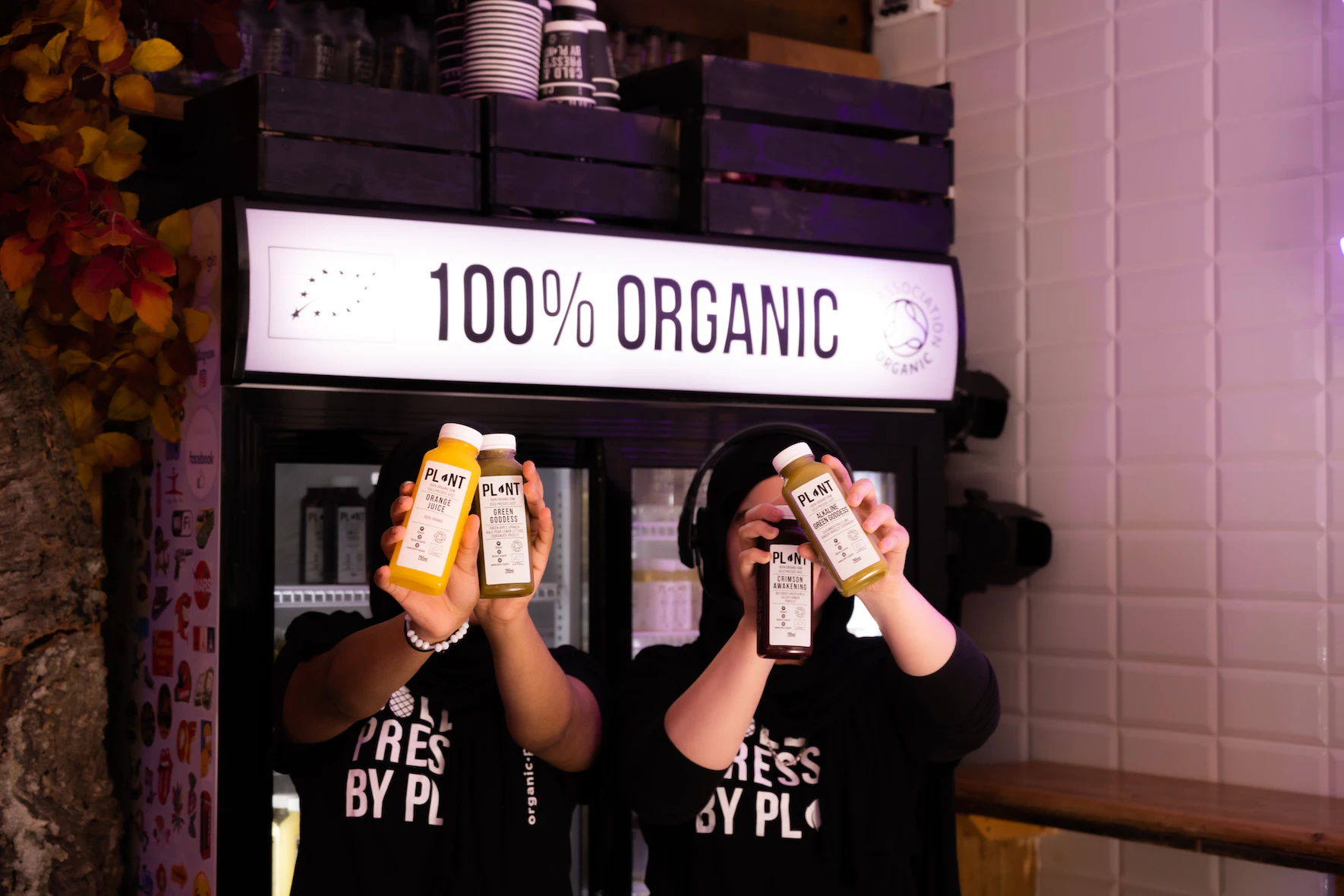Free Shipping Over $95

The importance of green certifications in the world of sustainable fashion
In the world of fashion, sustainability has become a paramount concern. As consumers increasingly prioritize ethical and eco-friendly choices, the fashion industry has responded by embracing sustainable practices. Green certifications play a crucial role in ensuring transparency, ethical practices, and eco-friendly production methods. In this article, we will explore the importance of green certifications in the realm of sustainable fashion and how they contribute to a more responsible and sustainable industry.
Transparency and Consumer Trust:
Green certifications provide transparency in the fashion industry, allowing consumers to make informed choices. These certifications verify that a brand or product has met specific environmental and social criteria, ensuring that it aligns with sustainable principles. By displaying a green certification logo, fashion brands demonstrate their commitment to transparency and ethical practices. This transparency builds consumer trust, enabling individuals to support brands that prioritize sustainability and hold them accountable for their actions.
Environmental Impact:
Green certifications in the fashion industry focus on reducing the environmental impact of production processes. Certifications often require brands to implement measures such as reducing water usage, minimizing chemical pollutants, and implementing sustainable waste management practices. By adhering to these certifications, fashion brands contribute to the conservation of natural resources, reduction of greenhouse gas emissions, and protection of ecosystems. Green certifications help brands adopt sustainable practices and minimize their environmental footprint.
Ethical Practices and Fair Trade:
In addition to addressing environmental concerns, green certifications also emphasize ethical practices and fair trade in the fashion industry. Certifications often require brands to ensure fair wages, safe working conditions, and the absence of child labor in their supply chains. By supporting green-certified brands, consumers can be confident that their clothing was produced under ethical conditions, respecting the rights and well-being of workers. Green certifications contribute to the creation of a more socially responsible fashion industry, promoting fair treatment and decent working conditions throughout the supply chain.

Circular Economy and Material Choices:
Green certifications encourage fashion brands to embrace the principles of the circular economy and make responsible material choices. Certifications may require brands to use recycled or upcycled materials, promote durability and longevity, and implement recycling or take-back programs. By adopting these practices, brands contribute to reducing the demand for virgin resources, minimizing waste, and extending the lifespan of products. Green certifications support the shift towards a more circular fashion industry, where materials are reused and waste is minimized.
Industry Collaboration and Innovation:
Green certifications foster industry collaboration and encourage innovation in sustainable fashion. Brands that seek certifications often engage in partnerships with suppliers, manufacturers, and other stakeholders to implement sustainable practices throughout their supply chains. This collaboration promotes knowledge sharing, encourages the adoption of best practices, and drives innovation in sustainable fashion. Green certifications serve as catalysts for positive change, inspiring brands to continuously improve and explore new ways to reduce their environmental impact.

How can I identify green-certified fashion brands?
Identifying green-certified fashion brands is becoming easier as more certifications gain recognition. Look for well-known certifications such as Global Organic Textile Standard (GOTS), Fair Trade Certified, and Bluesign. These certifications ensure that brands meet specific environmental and social standards. Additionally, some brands may display their certifications on product tags, websites, or marketing materials. Conducting research and reading labels can help you identify green-certified fashion brands that align with your values.
Are green certifications only for high-end fashion brands?
No, green certifications are not limited to high-end fashion brands. While some certifications may be more prevalent among luxury or premium brands, there are certifications suitable for brands across different price points. For example, certifications like OEKO-TEX Standard 100 and Fair Trade Certified cover a wide range of fashion brands, including those that offer more affordable options. The key is to look for certifications that align with your sustainability values and budget.
Do green certifications guarantee 100% sustainability?
Green certifications provide a level of assurance that brands are meeting certain sustainability criteria, but they do not guarantee 100% sustainability. Certifications focus on specific aspects of sustainability, such as environmental impact, ethical practices, or material choices. It’s important to note that no certification can cover all dimensions of sustainability comprehensively. However, green certifications serve as valuable indicators of a brand’s commitment to sustainability and provide consumers with a starting point for making more informed choices.

